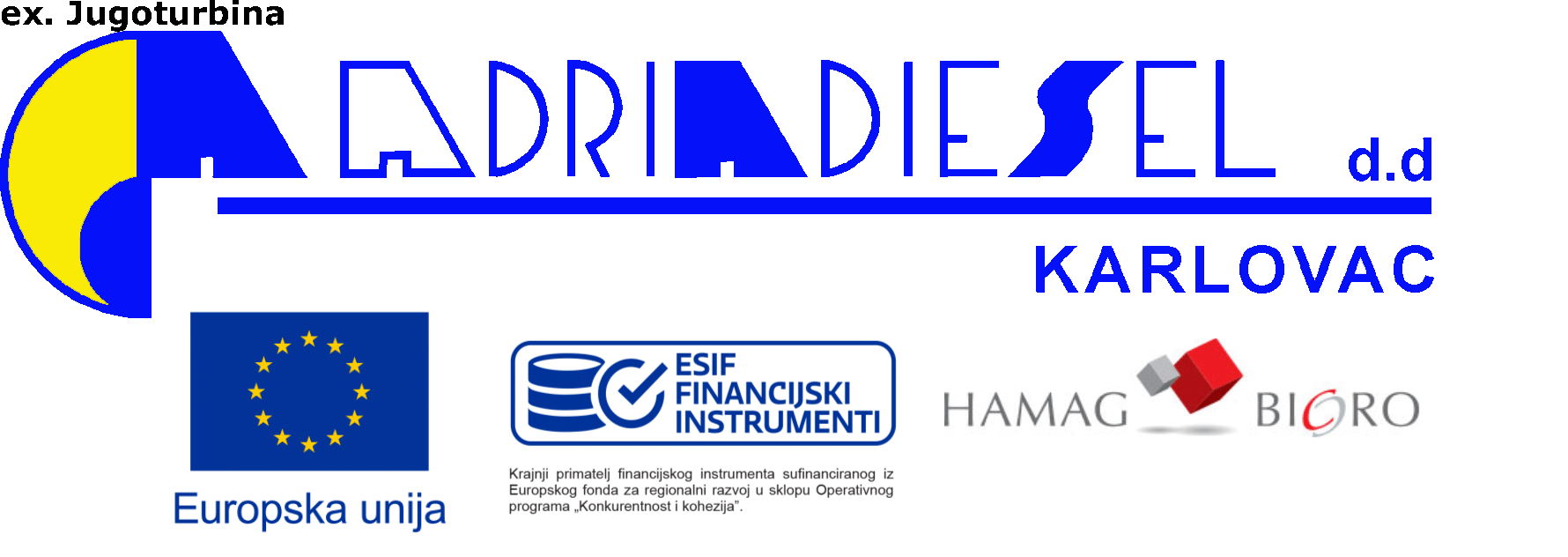GreenLine Logistics, India's first and only LNG-fueled heavy truck logistics company, has deployed its first fleet of LNG trucks from Dalmia Cement (Bharat) Limited at its Chandrapur facility in Maharashtra. DCBL plans to convert 300 trucks to LNG by the end of FY24. GreenLine's LNG trucks reduce CO2 emissions by 28% compared to conventional diesel trucks, or 24 tons of CO2 per truck per year. In the initial fleet of 35 LNG trucks, a significant reduction in CO2 emissions of 840 tons per year can be achieved.
Dalmia Cement has partnered with GreenLine Logistics to invest Rs 250 crore to convert 10% of its existing truck fleet to LNG by March 2024. This will reduce sulfur oxide emissions by up to 100%, nitrogen oxide emissions by 59% and particulate matter emissions by up to 91%. Additionally, these LNG trucks will significantly reduce other hazardous emissions. Dalmia Cement follows the business philosophy of Clean & Green is Profitable and Sustainable and is committed to the goal of becoming carbon negative by 2040.
GreenLine Logistics, India's first and only LNG-fueled heavy truck logistics company, has deployed its first fleet of LNG trucks from Dalmia Cement (Bharat) Limited at its Chandrapur facility in Maharashtra. DCBL plans to convert 300 trucks to LNG by the end of FY24. GreenLine's LNG trucks reduce CO2 emissions by 28% compared to conventional diesel trucks, or 24 tons of CO2 per truck per year. In the initial fleet of 35 LNG trucks, a significant reduction in CO2 emissions of 840 tons per year can be achieved.
Dalmia Cement has partnered with GreenLine Logistics to invest Rs 250 crore to convert 10% of its existing truck fleet to LNG by March 2024. This will reduce sulfur oxide emissions by up to 100%, nitrogen oxide emissions by 59% and particulate matter emissions by up to 91%. Additionally, these LNG trucks will significantly reduce other hazardous emissions. Dalmia Cement follows the business philosophy of Clean & Green is Profitable and Sustainable and is committed to the goal of becoming carbon negative by 2040.










